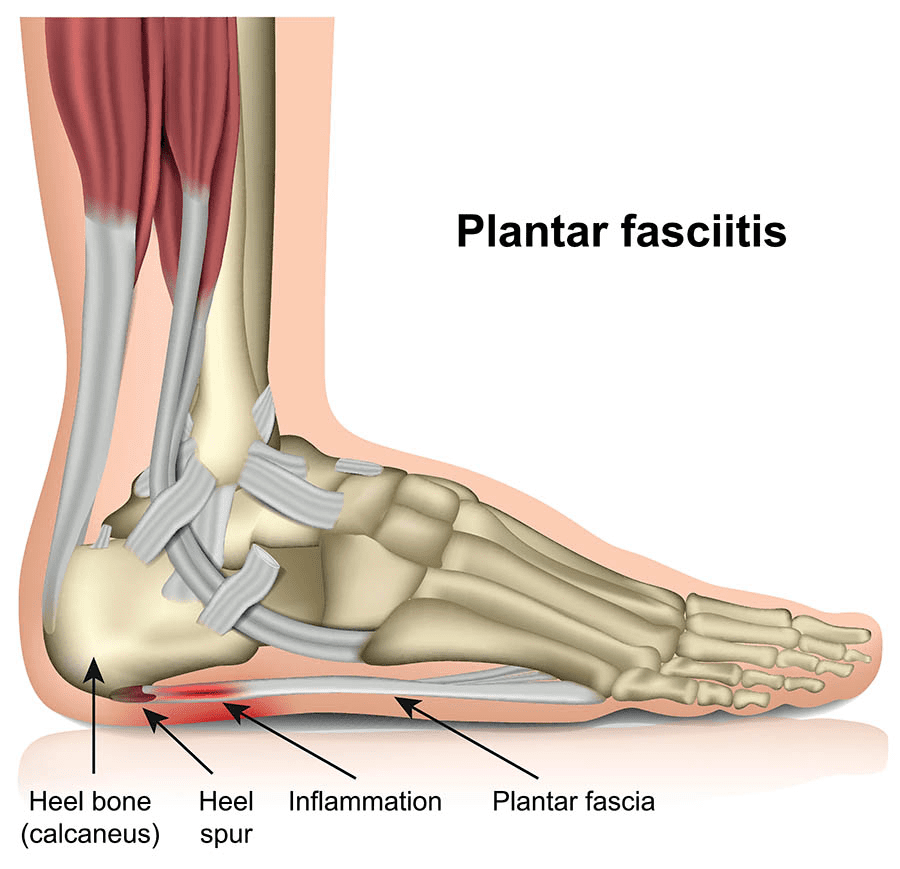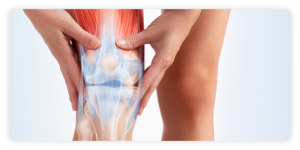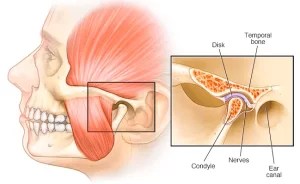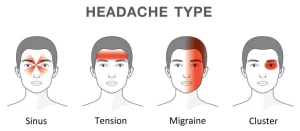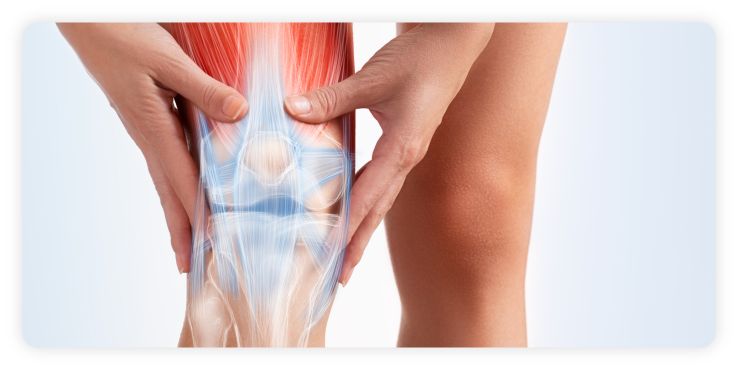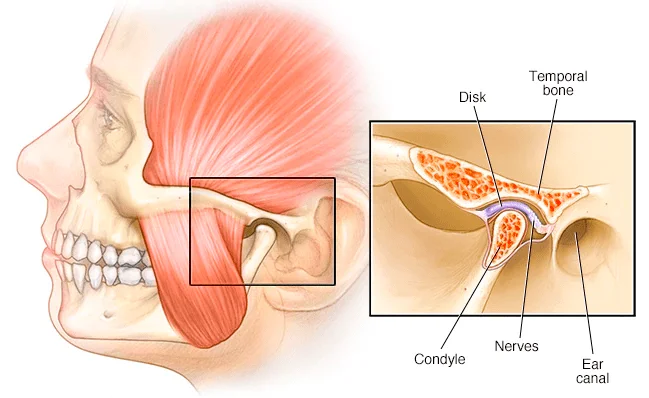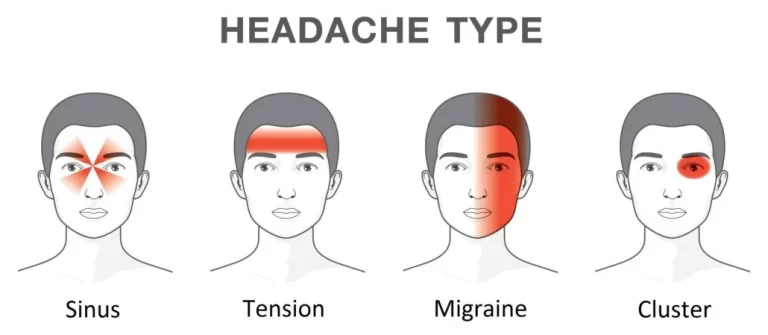What is Plantar Fasciitis?
Plantar Fasciitis is one of the most common causes of heel pain. Plantar Fasciitis involves inflammation of the plantar fascia which is a thick, web-like ligament that connects the heel to the front of the foot. The plantar fascia acts as a shock absorber and supports the arch of the foot, helping with movements such as walking. If tension and stress on this fascia become too great, small tears can occur. Repeated stretching and tearing can also irritate or inflame the fascia, causing heel pain and stiffness.
What causes Plantar Fasciitis?
Typically, Plantar Fasciitis causes stabbing pain in the bottom of the foot near the heel. The pain is the worst in the first few steps after awakening although it can also be triggered by long periods of standing, getting up after sitting, or after exercising. This pain occurs because the plantar fascia shortens when the foot is at rest. Walking and standing for a short while usually elongates the plantar fascia, causing the heel pain to lessen or go away. Other factors such as the age of between 40 to 60 years old, foot mechanics (Flat Feet or high arch), and obesity can increase the risk of developing Plantar Fasciitis. If symptoms persist, consulting a chiropractor in Singapore may help with assessment and management strategies.
Symptoms of Plantar Fasciitis
Common symptoms of Plantar Fasciitis may include:
- Pain at the bottom of the heel or bottom mid-foot area. It usually affects just one foot or sometimes both.
- Dull, sharp, or burning ache on the bottom of the foot extending outward from the heel.
- Pain worsens in the morning when you take your first steps out of bed, or if you have been sitting or lying down for a while.
- Pain is usually felt after stopping an activity.
Nonsurgical Treatment for Plantar Fasciitis
Managing plantar fasciitis often begins with nonsurgical approaches aimed at reducing pain and inflammation. In Singapore, various plantar fasciitis treatment options are available:
-
Physical Therapy:
Engaging in exercises designed to enhance the flexibility of the calf muscles, Achilles tendon, and plantar fascia can be beneficial. A tailored physical therapy programme may include manual therapy, cryotherapy, and kinesio taping to provide short-term relief. As symptoms improve, specific exercises are introduced to further alleviate discomfort.
-
Supportive Devices and Splints:
Utilising night splints can help maintain the plantar fascia in a stretched position during sleep, promoting healing. Additionally, wearing supportive footwear that minimises foot pronation can aid in reducing strain on the plantar fascia.
-
Medications:
Nonsteroidal anti-inflammatory drugs (NSAIDs) may be recommended to manage inflammation and alleviate pain associated with plantar fasciitis.
-
Extracorporeal Shockwave Therapy (ESWT):
For cases unresponsive to initial treatments, ESWT can be considered. This non-invasive procedure involves delivering shockwaves to the affected area to stimulate healing.
It’s important to consult with a healthcare professional to determine the most appropriate plantar fasciitis treatment for your specific condition. For individuals seeking non-invasive care options, visiting a chiropractic clinic in Singapore may help in managing symptoms and supporting recovery.
Check out our popular articles: Diastasis Recti, Tight Back Muscles, Irritable Bowel Syndrome (IBS), Temporomandibular Joint (TMJ) Dysfunction, Tennis Elbow, Wrist Tendon Injury, Sciatica, Whiplash, Hernia, Herniated Disc (Slipped Disc).
Surgical Treatment for Plantar Fasciitis
When nonsurgical methods do not provide sufficient relief, surgical intervention may be considered. In Singapore, treatment for plantar fasciitis includes surgical options such as:
-
Plantar Fasciotomy:
This procedure involves releasing a portion of the plantar fascia to reduce tension and alleviate pain. It is typically considered after extensive nonsurgical treatment has failed to yield improvement.
-
Gastrocnemius Recession:
This surgery aims to lengthen the gastrocnemius muscle in the calf, which can decrease stress on the plantar fascia and improve ankle mobility.
Surgical treatments are generally viewed as last-resort options and are considered only after thorough evaluation and failure of conservative treatments. Consulting with an orthopaedic specialist is essential to determine the suitability of surgical intervention for your condition.
Prevention Strategies
Preventing the onset or recurrence of plantar fasciitis involves adopting proactive measures. In Singapore, recommended prevention strategies include:
-
Use Supportive Footwear to Protect the Feet:
Wearing shoes with good arch support, cushioning, and a slightly raised heel can help distribute pressure and reduce stress on the plantar fascia. Custom or off-the-shelf orthotics can provide additional support and distribute pressure more evenly.
-
Maintain a Healthy Weight:
Keeping a healthy weight can help reduce the strain on the plantar fascia.
-
Regular Exercise:
Engaging in exercises that strengthen the foot and ankle muscles can improve stability and reduce the risk of injuries. Stretching exercises, particularly for the Achilles tendon and plantar fascia, are also beneficial.
-
Avoid Overuse of the Foot and Ankle:
Understanding the limits of one’s body and avoiding excessive repetitive activities can prevent overuse injuries. It can be helpful to incorporate rest periods into routines and varying activitiesl.
Taking preventive steps is a key part of effective plantar fasciitis treatment in Singapore, helping to minimise the likelihood of future flare-ups and maintain long-term foot health.
